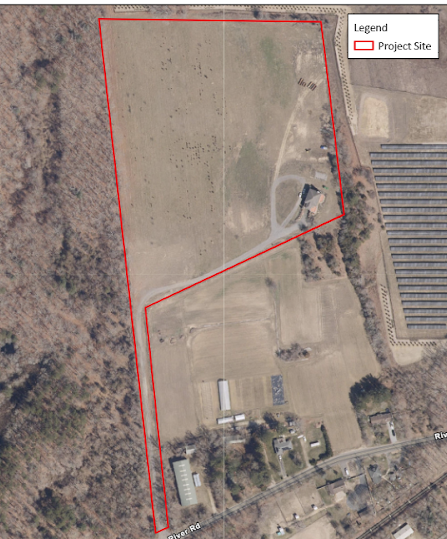Legally Speaking: The End of Prepaid Seasonal Rentals

Landlords in the Hamptons have traditionally demanded prepaid rent from tenants on seasonal rentals. If you rented your property for a three-month term, say from July to October, on lease signing, you’d traditionally demand that the tenant provide you with a check for the entire period’s rental fees together with an executed lease or you’d refuse to rent your property to that tenant for that period. So, at lease signing, a tenant would traditionally need to have enough money for the entire rental period plus an additional month’s worth of rent for the security deposit. That tradition, of receiving prepaid rent for the entirety of the rental period plus the security deposit at lease signing, was ended on June 14, 2019.
On June 14 2019, Governor Cuomo signed into law the Housing Stability and Tenant Protection Act of 2019. Much has been made of this new law as it relates to regulated apartments and conversions of apartments into condominiums and cooperatives. However, a lesser discussed aspect of the law is how it will impact rentals on the East End of Long Island.
Perhaps the greatest impact that the Housing Stability and Tenant Protection Act of 2019 will have on the East End of Long Island is that it will cause the end of prepaid seasonal rentals. Starting on July 14, 2019, the effective date of the applicable aspects of the law, landlords are capped on security deposits and advances at a cumulative total of one month’s worth of rent. An advance means prepaid rent. So, as a result of this cap, landlords will be forced to bill their tenants monthly and collect rent on a monthly basis because they can no longer collect prepaid rent. In compliance with the new law, rent will be due when use and occupancy occurs rather than in advance as the industry traditionally operated on the East End.
Billing monthly rent rather than taking the entirety of the rent as a full advance payment poses a great collectability risk for landlords because landlords now lose immense leverage to force tenants to pay all of their rent. The reason that leverage is lost is because a landlord can no longer withhold the rental property if a tenant doesn’t pay rent. Stated otherwise, once a tenant is in possession, a non-paying tenant can only be addressed through an eviction proceeding retroactively. Landlords faced with this increased risk are going to need to adjust the industry or risk going out of business. In adjusting the industry, tenants should expect that landlords will pass their increased risk, in whole or in part, to their tenants in the form of increases in rent.
Increases in rent are also necessary because the new law further creates risks for landlords in the form of restrictions on tenant screening, caps on late fees ($50) and increased notice / time requirements for evictions. Even worse, the new law renders an eviction proceeding moot whenever the tenant pays the landlord the full amount of rent due at any time prior to the hearing on the eviction. As a result, a non-paying tenant can remain in the property, rent free, until the landlord commences an eviction proceeding and even then, at the eleventh hour before the hearing, the tenant can avoid the eviction by paying the back rent. Clearly, rents are going to go up to account for this increased risk.
Beyond increased rent, what other choices do landlords have to absorb this increased risk? The law is careful to block ways to circumvent the laws new restrictions. The Housing Stability and Tenant Protection Act of 2019 prohibits landlords from charging any other payment, fee or charge before or at the beginning of the tenancy. Therefore, a simple “calling it something else” won’t work. Then the law restricts what can be recovered in an eviction proceeding to only the base rent by stating that “no fees, charges or penalties other than rent may be sought.” Further, the law empowers the Attorney General to prosecute violators and to collect statutory penalties for such violations. So, it appears that the only answer for landlords faced with this increased risk is to increase rent. Ironically, tenants, who the law was designed to protect, may turn out to be the ones who are the biggest losers under the new law. Only time will tell. Regardless, landlords and tenant should realize that it’s a good thing to know a little something call the law.
Andrew M. Lieb, Esq., MPH, is the managing attorney of Lieb at Law P.C. and a contributing writer for Behind the Hedges.








